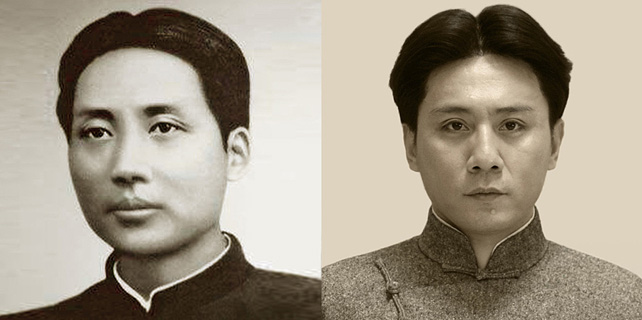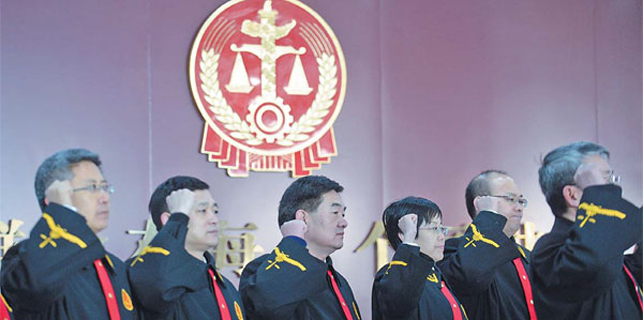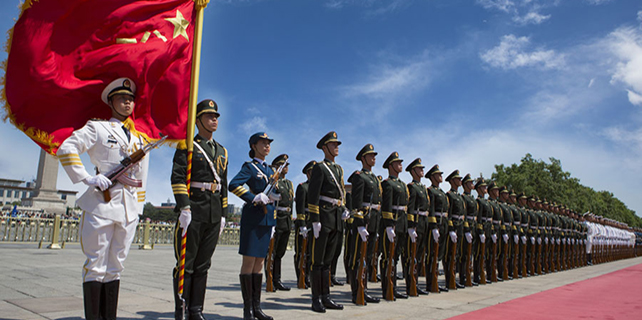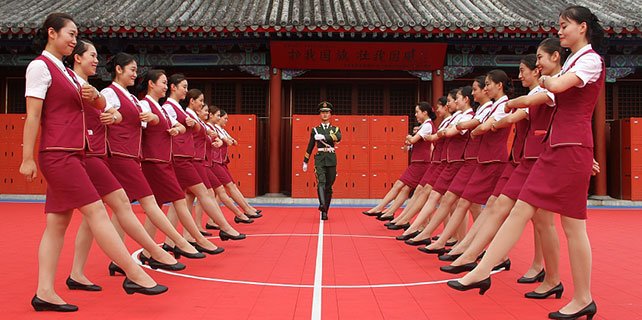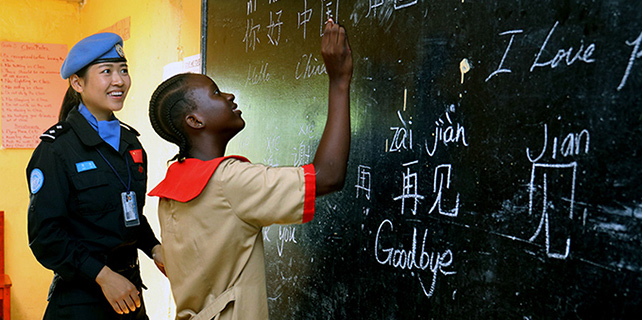Sustainability key to Olympics efforts
By transforming old steel mills into facilities for the 2022 Olympic and Paralympic Winter Games, Beijing is demonstrating a sustainable approach to hosting the event, according to the International Olympic Committee.
The exemplary transformation shows the host country's efforts in making progress toward the vision of the Beijing 2022 Games, Alexander Zhukov, chairman of the IOC coordinating committee, said at a news conference in June after an inspection tour.
With its abandoned furnaces and smokestacks, the former production site of major steelmaker Shougang Group in Beijing evokes memories of the capital's industrial past.
Yet, according to an agreement signed by the company and the General Administration of Sport in late February, the two parties will cooperate to turn the complex into training venues after extensive renovations, which will meet the demand for 11 national teams preparing for the 2022 Winter Olympics.
The events involved include short-track speed skating, figure skating, curling and ice hockey.
In addition, apartment buildings for athletes and a Winter Olympic-themed public square are under construction.
Revolving around the new facilities, a national sports industry model zone will also be developed in the future, according to the agreement.
The program that aims to turn industrial legacy into a sports-themed zone will dovetail the hosting of the Winter Olympics with the transformation of Shougang Group, which will explore a new mode in the post-Games era via the protective development of the old industrial base, designers said.
The development comes after President Xi Jinping called for a more sustainable approach to hosting the games, which is in line with the International Olympic Committee's proposal highlighted in the Olympic Agenda 2020 to cut bidding and organizing costs for hosts.
In July 2015, Beijing and Zhangjiakou, in neighboring Hebei province, were named as hosts of the 2022 Winter Olympics. The event will be staged in three venue clusters: in the capital's downtown area, northwestern Yanqing county and in Chongli county of neighboring Hebei province's Zhangjiakou.
Shougang Group began relocating from the site in 2005, as part of measures to reduce air pollution in the run-up to the 2008 Beijing Summer Olympics. In the next five years, the steel company gradually moved its entire operations to Caofeidian in Hebei.
After shutting its plant in the capital in 2010, the State-owned enterprise rolled out a blueprint to revitalize the site, which includes opening an industrial park.
(China Daily 07/31/2017 page5)








